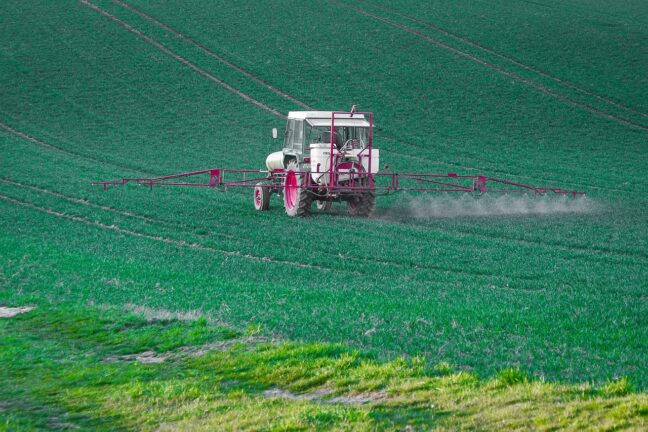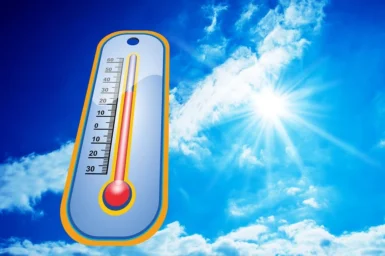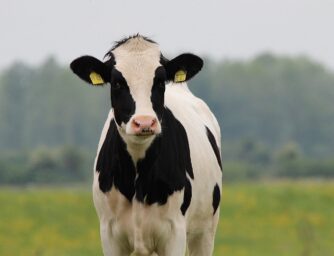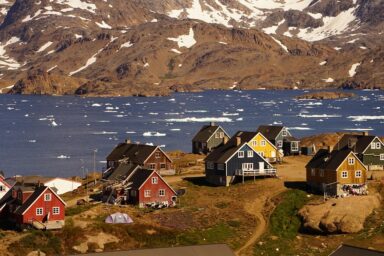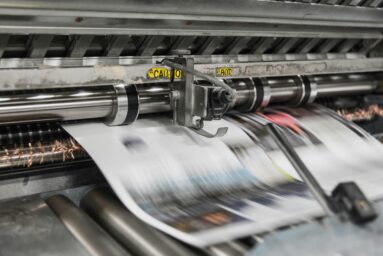EU agri-bosses spent Tuesday touting their €64bn farm trade surplus and shiny new deals like the Indonesia pact—but that pesky pesticide problem keeps biting their backsides. When will the loop surrounding pesticides from third countries be closed?
The second day of the Agriculture and Fisheries Council wrapped up Tuesday, 23 September, focusing on agrifood trade flows and new free trade agreements, including the EU’s freshly signed deal with Indonesia. While the Council highlighted the EU’s nearly €64bn agrifood trade surplus and the push to open new markets, the pesticide issue remains a concern for many.
As a regular agenda item, the Commission updated ministers on agrifood trade flows, ongoing negotiations with key partners including Mercosur, Mexico, the US, Ukraine, and Indonesia, as well as developments on the multilateral front. Danish Minister Jacob Jensen (holding the Council Presidency) stressed the importance of these agreements in providing stability and opportunities to European farmers despite trade tensions.
“While it is a difficult situation—with trade tensions with several key partners—we also have to remember that European farmers and food producers are competitive on the world market and that the EU enjoys a big trade surplus in the agri-food sector. All of the above are very important agreements that are intended to help provide stability and opportunities for our farmers,” Mr Jensen said.
You might be interested
Safeguard measures for sensitive sectors and trade relations with China were also discussed. The Council received updates on other topics including African swine fever, water resilience, plant protection substances, and wildlife management.
Post-2027 CAP and fisheries
European farmers and food producers are competitive on the world market and that the EU enjoys a big trade surplus in the agri-food sector. — Jacob Jensen, Denmark’s Minister of Food, Agriculture and Fisheries
A day earlier, ministers had debated the Commission’s proposals for the post-2027 Common Agricultural Policy (CAP) and fisheries funding. Views were mixed, but there was broad agreement on the need for further talks in upcoming meetings.
Commissioner Christophe Hansen, outlining the breadth of the work, reminded attendees that this was “a marathon and not a sprint”, and that it was important to get all players and stakeholders over the finish line on the new CAP.
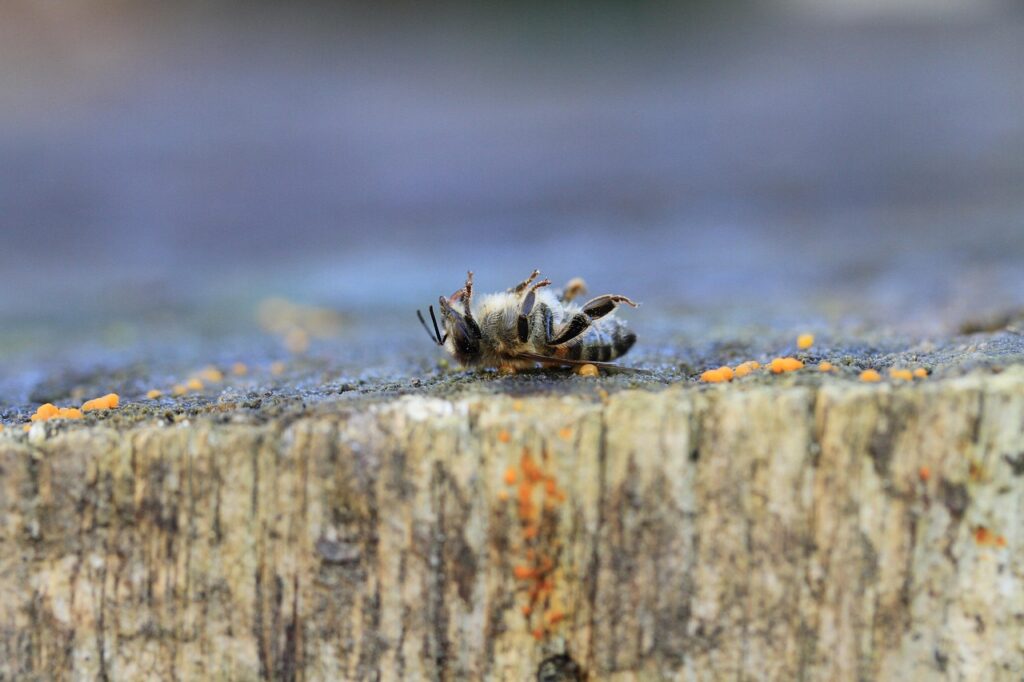
Despite trade successes and the upbeat messaging fuelled also by the new deal with Indonesia, the pesticide issue continues to dominate at the edges. An unresolved, underscoring the tension between trade ambitions and environmental standards. Safeguards are promised, but questions persist.
Pesticides: hard to ignore, impossible to dilute
The Commissioner for Agriculture and Food, Christophe Hansen, addressed doubts based on recent reports: “Products that are forbidden in the European Union are not allowed back in. And I am working very closely with my colleague Olivér Várhelyi on the extension of this list.”
He acknowledged that it was not always easy to explain to consumers and farmers, banned from using certain substances, why others elsewhere can still benefit. But he stood firm on the need for consistency:
“If it is bad for human health in the EU, it is bad outside the EU. If it is bad for pollination inside the EU, it is as well bad outside. We are determined, as you know, by collegial approval, as we did in the ‘Vision’ in February, and this binds the entire Commission to it and is what we are working on.”
Impact assessments and alternatives
Another question was whether there would be an impact assessment on the ongoing list revision. Commissioner Hansen said this was under discussion:
“This is ongoing work and you have an opportunity as well to see the latest state of play with my colleague Commissioner Várhelyi. I will not pre-empt the ongoing work – this is clearly in the making but I cannot tell you if we will see this addition. It depends on how deep it will go. If it does go deep, the impact assessment will be necessary.”
Minister Jensen said he did not wish to get involved in internal Commission debates but stressed the need for faster approval of safe alternatives.
“We need to bring forward alternative tools for our farmers so they can continue to be competitive. We were talking about the exporting of more than €60bn last year of the surplus, so if we go with the ban for environmental reasons, we need also to speed up the process of getting approvals for the alternatives. That is all part of the discussion. Seen from the member state’s point of view: we would very much like to work on innovation and the greening of our production, but we also need processes in place so we do not have to wait two, three, four, five years.”
A can repeatedly kicked down the road
The current frustration around pesticide regulation is not new. In 2020, the EU acknowledged the scale of the issue, and the need to restrict the export of banned pesticides became part of its Farm to Fork strategy. However, the issue has routinely been bumped to the margins—acknowledged as difficult, but repeatedly deferred. As trade agreements move forward, the pesticide question continues to serve as a toxic reminder of the gap between EU trade policy and its environmental commitments.
